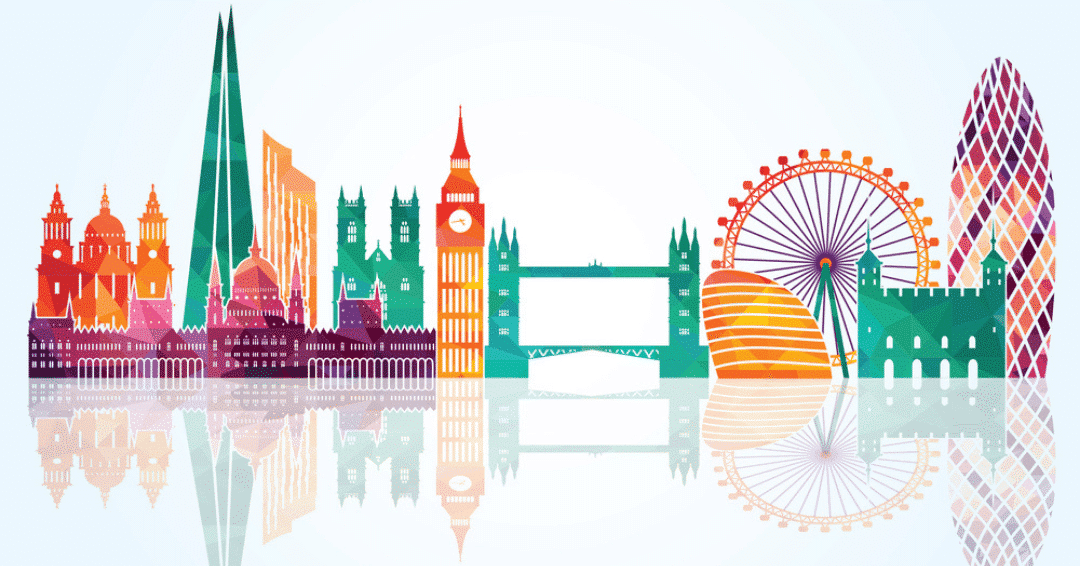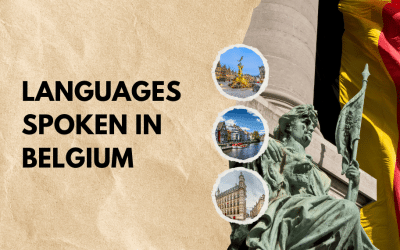Languages of UK, What language do people in the UK citizens speak?
English, of course! The truth, however, is that over 60 million people populates the United Kingdom, and many of them speak other languages besides English. Some of them don’t even know English, even though they live in the UK.
Indeed, the population of the UK is incredibly diverse, and people often underestimate how colourful is the linguistic landscape there.
In this blog, you will learn more about the indigenous and foreign languages spoken in the UK’s territory.
1. History of the UK
The UK, often called Great Britain, England or the United Kingdom of Great Britain and Northern Ireland. Not many people know that these three names denote three different things.
To learn more on this matter, however, let’s look at the history of this region. Here is a short timeline1:
- 1927 – the Kingdom of England was formed.
- 13th century – King Edward I invaded Wales. Since then, all English kings have received Prince of Wales, which signifies their power over Wales. However, Wales, officially recognized as a part of England in the 1530s-40s when the Acts of Union got passed. These policies extent the norms and laws of England to Wales. This law was the first significant union of what we call today the UK or the United Kingdom.
- The 1540s – Ireland became a dependent kingdom of England, meaning that the king of England was also Ireland.
- 1707 – Queen Anne unites Scotland and England as Great Britain. After years of political tension between the two kingdoms, they finally joined. The reasons behind this union were financial, religious and political. Since this union was beneficial to both sides, the countries’ parliaments passed the Acts of Union, and soon Scotland and England became one nation.
- In 1801 – Union with Ireland; however, it didn’t last long.
- 1919-1921 – the Irish War of Independence against England. The war resulted in the division of Ireland into Northern, which remained a part of England, and the Southern region, also known as the Irish Free State, which remained a part of the British Commonwealth for the next decade.
- 1937 – the southern region gained sovereignty and became what we today call the Republic of Ireland.

As you can see, the United Kingdom is not simply another name of England. It stands for the union of England, Scotland, Wales and Northern Ireland.
Despite this union, people kept their traditions and languages, which have contributed significantly to the linguistic heritage of the UK.
Also Read: How do I Choose a Top Translation Company In UK
2. Official native languages of UK
English is a de facto official language in the UK. It is the primary language spoken by 92% (50 million people) of the population.
The remaining 8% (4.2 million people) claim to have a different primary and native languages.
However, majority of them (3.3 million) have a proficient level of English.
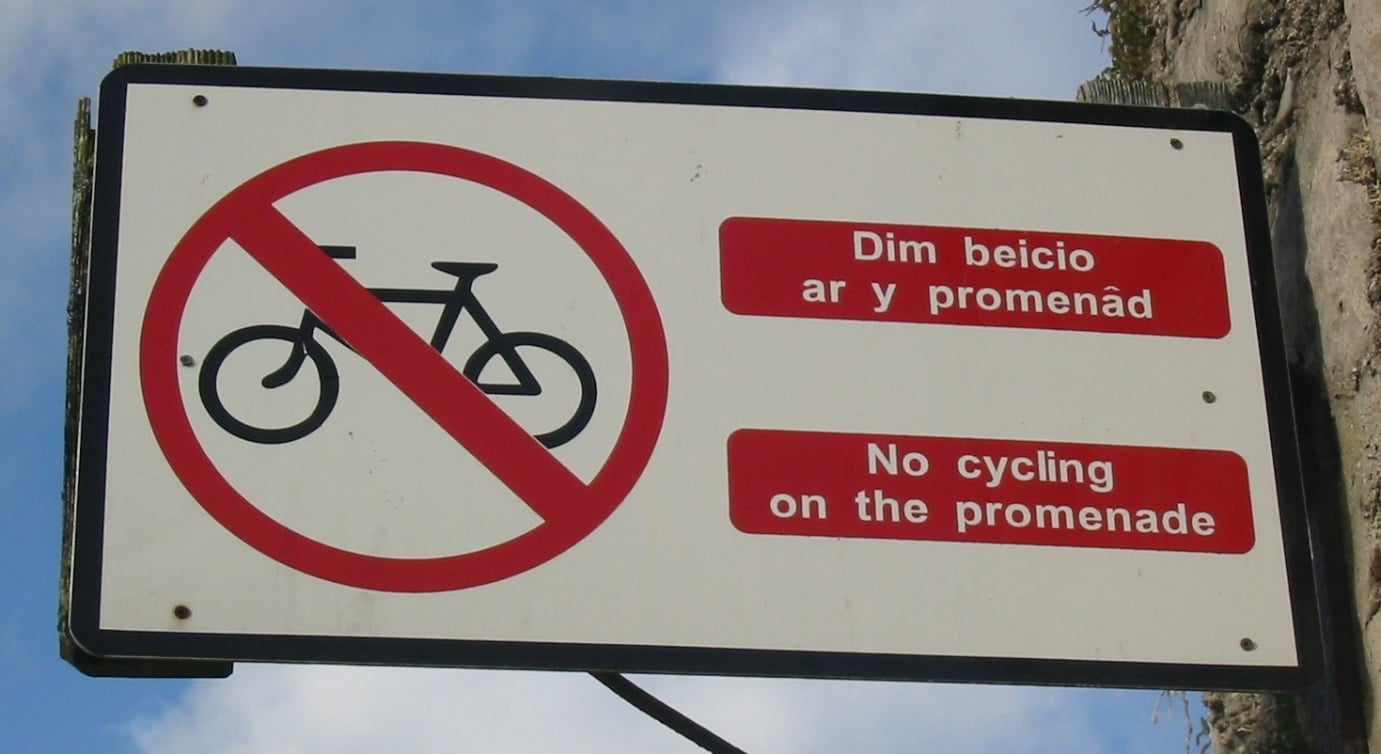
Nevertheless, English is not the only indigenous language spoken in the UK.
Languages are an essential part of this notion of belonging to a particular nation.
In turn, this has resulted in a constantly growing number of young people interested in learning some of the dying out indigenous languages of the UK.
- Scots is the second most spoken language after English. The English language strongly influences it, and it is even considered an English dialect. While most Scots speakers (1.5 million) have learned it as a second language (besides English), Scots remain an integral part of the Scottish national identity.
- Welsh is the third most spoken language in the UK – it has 560,000 speakers. It is a Brittonic language from the Celtic language family. Welsh is the only language with legal status in England. Lawful means that Welsh should be treated as equal to English in the country. As a result, all public signs should be in both languages. Still, the number of Welsh speakers is relatively small – only 19% of the Welsh population speaks the language.
- Scottish Gaelic is the Gaelic language from the Celtic language family. It developed out of Old Irish and is spoken by 57,000 people, mainly in Scotland.
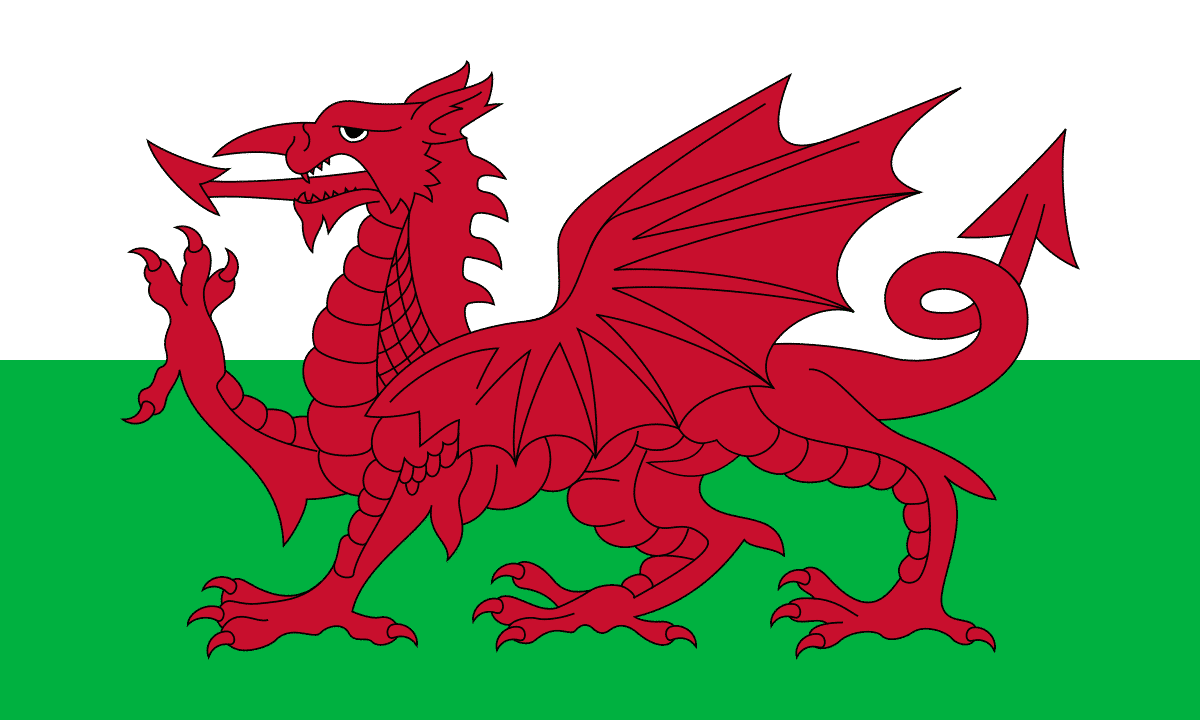
Irish with 5,730 speakers and Cornish with only 600 speakers are among the minor indigenous languages and are on the verge of becoming extinct.
3. The fastest-growing foreign languages in the UK
Around 5% of the UK’s population are estimated to speak immigrant languages or languages brought by immigrants to the UK. Here is a complete list of the most widely spoken foreign languages in the UK:

As you can see, Polish is the most widely spoken immigrant language by over half a million people.
Speaking Polish is mainly due to opening the borders between Poland and the UK after joining the European Union in 2004.
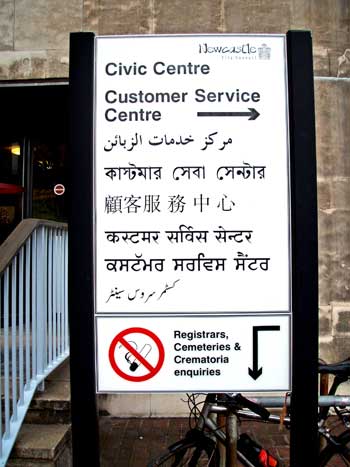
Connect With UK Customers In Their Native Languages.
Milestone helps you seamlessly translate content & localize your website, products, and services for more reach, better conversions, and greater sales.
Get in touch with us for a special discount.
The following four languages are Punjabi (273, 231 speakers), Urdu (268,680 speakers), Bengali (221,403 speakers) and Gujarati (213,094 speakers). These languages come from India, Pakistan and Bangladesh.
Most of the immigrants from these countries have come to England during the colonial past of England.
Between the 19th and 20th centuries, many people came from South Asian colonies to look for a better life in the UK.

The number of immigrants has been steadily declining, especially after Brexit. Nevertheless, the UK remains as multicultural.
Cities such as London are megapolises where millions of foreigners live together.
This cultural diversity is the most significant contributor to England’s rich linguistic heritage.
4. Languages spoken in London
London is one of the most linguistically diverse landscapes globally, with over 250 languages spoken there.
Besides English, which over 3.6 million people talk, some of the most widely spoken languages in the multicultural capital of the UK are:

Also read: Top Languages Spoken In London
English is only a tiny fraction of all languages spoken in the city of London. It’s pretty fascinating how diverse these this city is linguistically.
There are Slavic languages (e.g. Russian and Bulgarian), Roman (Italian, Romanian), and Germanic languages (German and English), but also Semitic (Arabic), Indo-Iranian (Gujarati, Punjabi, Urdu), Sino-Tibetan (Chinese) languages.
Also Read: Slavic languages – Definition, List, Origin, History, Similarities
Some of the minor languages spoken in London include Welsh (934), Yiddish (522), Caribbean Creole (86), Cornish (15, allegedly) and Manx Gaelic (1) according to the 2011 census.
5. Educational policies and the future of languages in the UK
Despite their union, the educational systems of England, Scotland, Wales and Northern Ireland function independently from one another.
However, when it comes to language learning, they seem to operate very similarly.
In the UK, students, obliged to study a second language at school. The most common choices are French, German and Spanish.
Also Read: The Prevalence of the Spanish Language Within the US
Wales, many students opt for Welsh as a second language.
In Wales, some schools use Welsh as their primary language of conduct; however, this is the case for only a few Welsh schools.
Overall, educational policies in England do not promote language learning after the age of 14.
Most schools offer lessons in most European languages such as German, French, Spanish and Russian. Eastern European, South and East Asian languages are more or less excluded from the curriculum.
Nevertheless, foreign languages in the UK still seem to stand a chance before the ever-growing popularity of the English language.
The UK population is incredibly diverse, and as we have already discussed, languages are a central aspect of national identity.
Thus, it is doubtful that all these foreign immigrant languages will die out any time soon.
What’s more, many young people pick up indigenous languages such as Cornish, Welsh and Irish.
In conclusion
UK has a diverse linguistic heritage – besides English, there are quite a few other indigenous languages spoken on the British Isles, such as Scots, Irish, Welsh.
The colonial past and the more recent migration waves have also influenced the linguistic landscape.
The result is an exciting fusion of European and Asian languages – a phenomenon unlikely to be seen almost anywhere else in Europe!
Connect With UK Customers In Their Native Languages.
Milestone helps you seamlessly translate content & localize your website, products, and services for more reach, better conversions, and greater sales.
Get in touch with us for a special discount.

